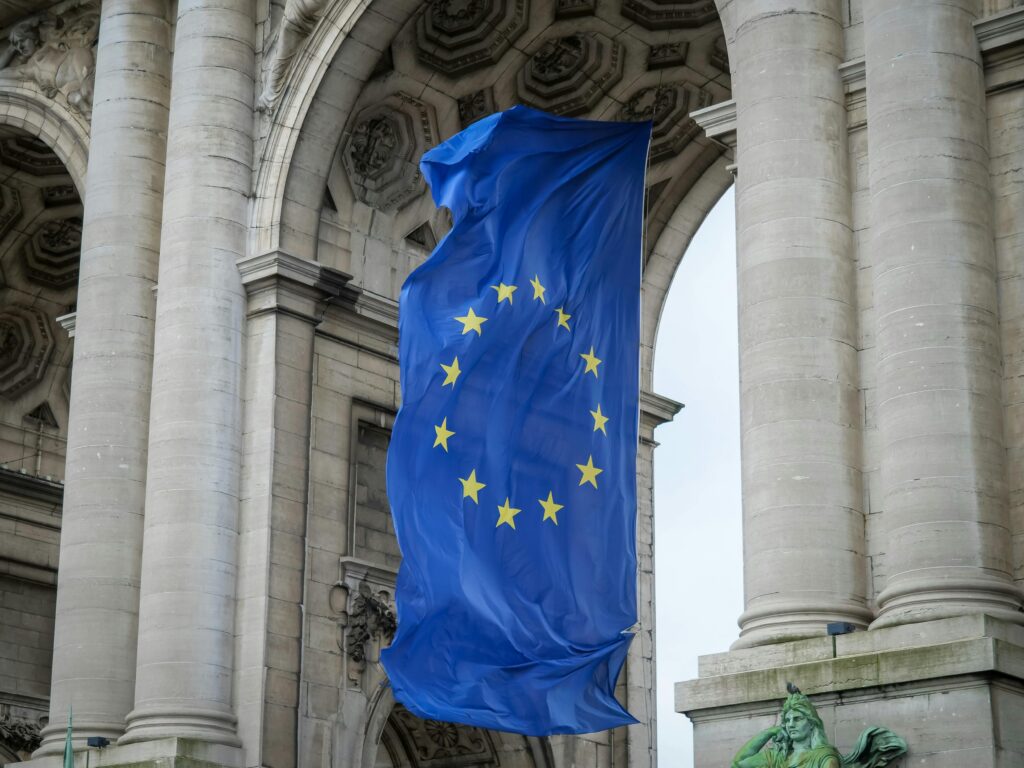Up In The Air: Navigating Perfume Copyrights in a Sea of ‘Smell Alikes’

To say perfumes are a chemical blend of airborne molecules that form a scent and nothing more would be simplistic. Perfumes are an accessory we daily “wear”; and are every inch a part of how others identify, associate, and perceive us. Indeed, they are a mix of existing molecular blends engineered to produce a particular […]
When Your Name Is No Longer Yours: IP Dilemmas in Eponymous Branding

Photo by 任力 from Pexels In crafting a market positioning that dominates industries, branding have their work cut out. Building brand equity takes time. But over time, companies have found eponymous branding, also called “Namesake” branding—the practice of naming your brand after a person (usually a founder or a prominent individual associated with your brand)—to […]
Brace for Impact: Here’s The EU AI Act’s Stance on IP

From time immemorial to date, there’ve been legitimate concerns about the unethical use of AI and its risks, prompting the EU Council to approve the EU AI Act on May 21, 2024. Following constructive talks, the Act was published in the official EU Journal on July 12, 2024, and will enter into force on August 1, 2024. The EU’s 27 member states unanimously endorsed the AI Act, affirming the political agreement reached in December.
The act is designed to spur the growth and deployment of safe and trustworthy AI systems throughout the EU’s single market. Other objectives are to safeguard the fundamental rights of EU citizens, enhance public confidence in AI, and stimulate innovation and investment across Europe. The Act is also notably broad in scope, impacting all the market actors in the AI value chain within the EU. Naturally, efforts to comply with its provisions will introduce numerous intellectual property (IP) considerations.
